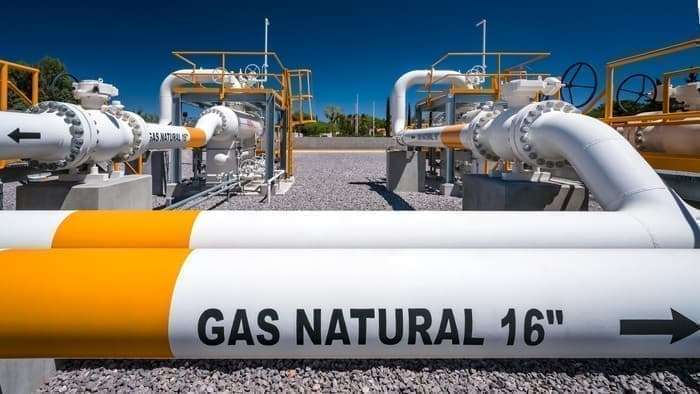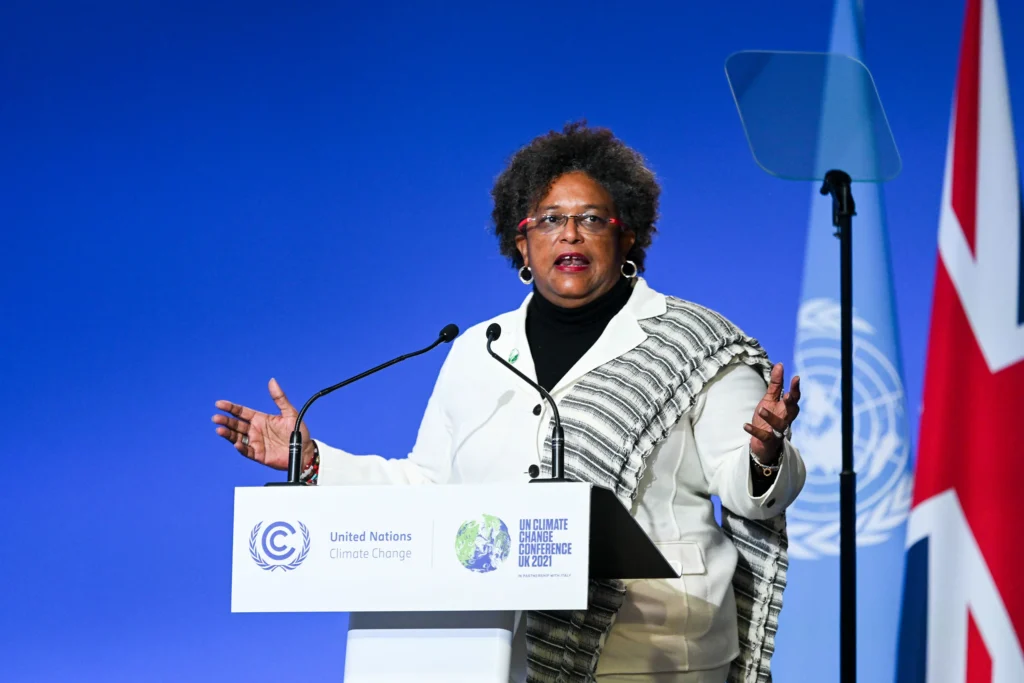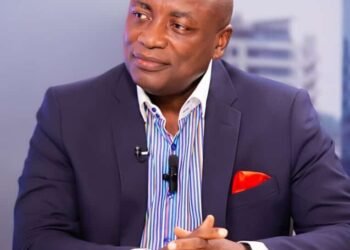The World Bank has officially lifted its 12-year ban on financing nuclear energy projects in developing countries, as part of a sweeping overhaul of its global energy strategy aimed at meeting soaring electricity demands.
The move was confirmed in an internal memo from World Bank President Ajay Banga following a board meeting.
“While the issues are complex, we’ve made real progress toward a clear path forward on delivering electricity as a driver of development.”
World Bank President Ajay Banga
The decision comes at a pivotal time. Developing countries are projected to more than double their electricity demand by 2035, according to the World Bank, necessitating a doubling of annual investment from the current $280 billion to keep pace.
The bank’s renewed commitment reflects a shift toward an “all of the above” energy approach—embracing renewables, natural gas, and now, nuclear power—as countries pursue reliable and sustainable energy solutions.
The World Bank’s board supported the removal of the nuclear funding ban, originally implemented in 2013.

However, consensus on upstream natural gas funding remains elusive. Several nations, including Germany, France, and the United Kingdom, reportedly expressed reservations about greenlighting natural gas exploration projects.
Banga emphasized, “The revised strategy gives countries the flexibility to determine their optimal energy mix,” highlighting that the bank’s role is to help countries pursue the least-cost, sustainable options aligned with national development goals.
Nuclear energy advocates have long argued for its inclusion as a clean, base-load power source, especially in countries with limited renewable infrastructure.
The United States, which holds a 15.83% stake in the World Bank—the largest among member nations—has championed lifting the ban. Under both the Trump and Biden administrations, the U.S. maintained that nuclear power is vital for low-carbon growth.
“We are launching a new chapter—working with the International Atomic Energy Agency to ensure that safety, security, and non-proliferation remain central.”
World Bank President Ajay Banga
Natural Gas Debate Remains Unresolved

While nuclear re-enters the World Bank’s funding portfolio, upstream natural gas development remains a sticking point. The bank halted direct funding for upstream oil and gas in 2019, with some exceptions for low-income countries.
The question now is whether upstream gas can be included without undermining climate goals.
“Net zero does not mean fossil fuel free. It means that around 20% of energy may still come from fossil fuels. We know natural gas is that clean fuel.”
Mia Mottley, Prime Minister of Barbados
The bank continues to fund midstream and downstream gas infrastructure—such as pipelines and processing plants—if these projects are the least-cost option and don’t crowd out renewable investments.
Still, climate advocates argue that the return of nuclear and potential gas investments could dilute momentum for renewables and adaptation financing in the Global South.
In addition to backing nuclear energy, the World Bank plans to expand its support for carbon capture and storage (CCS) technologies, particularly for industrial decarbonization.

Notably, CCS projects for enhanced oil recovery—which tend to attract private capital—will remain ineligible for public funds.
The World Bank’s decision marks a significant rebalancing of its energy policy, moving from a renewable-only posture to a diversified portfolio that includes nuclear and gas.
This shift comes amid global debates about energy equity, especially in fast-growing economies that struggle to meet basic power needs.
“Electricity is foundational to growth, jobs, and development.
“This is about empowering nations with the tools they need to build their futures.”
World Bank President Ajay Banga
According to the Energy for Growth Hub and Third Way, 28 countries currently use commercial nuclear power, with 20 others expected to join or expand nuclear operations by 2030.
The World Bank’s renewed support could accelerate this transition, especially in Africa, Southeast Asia, and parts of Latin America.
READ ALSO: Cedi to Remain Stable Against Major Currencies- Finance Minister Assures Ghanaians



















